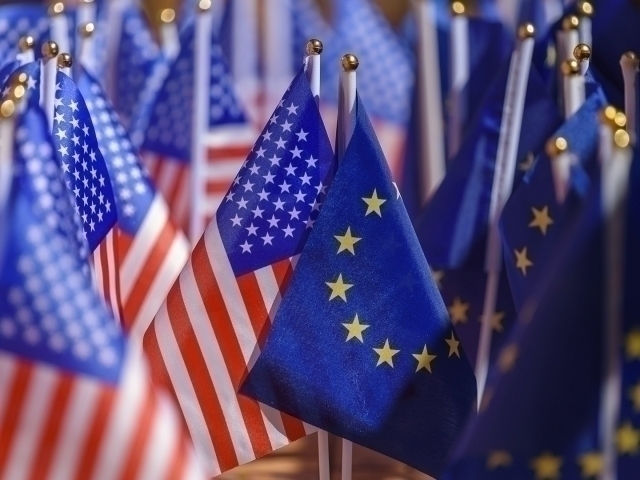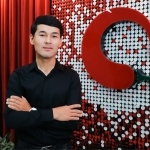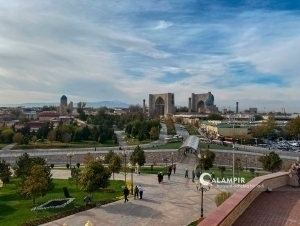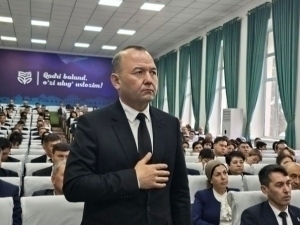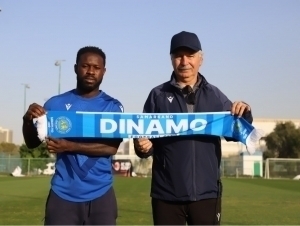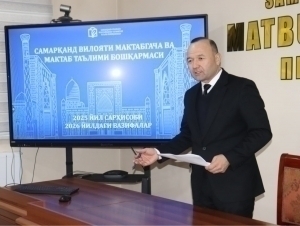EU and Central Asia leaders to convene in historic Samarkand meeting
World
−
01 April 2025 21470 2 minutes
European Commission President Ursula von der Leyen described the upcoming summit in Samarkand as part of Europe’s strategy to respond to U.S. tariffs. She made this statement during her speech at the European Parliament session in Strasbourg.
According to von der Leyen, the “Central Asia – European Union” summit, scheduled for April 4 in Samarkand, is being considered as an element of the EU’s strategy to diversify trade relations with foreign partners in response to U.S. tariffs.
“An element of our strategy to respond to U.S. tariffs will be trade diversification. Trade will be directed where business exists. Europe already has trade agreements with 76 countries, and the EU is expanding this network,” von der Leyen stated.
She added that this week, she, along with European Council President António Costa, will travel to Samarkand to participate in the first-ever summit between the European Union and Central Asian states.
U.S. President Donald Trump is expected to announce new tariffs tomorrow, April 2, targeting several countries, including EU member states.
“This essentially means a 25% tariff, and it will apply to cars and other items. The European Union was created to make life miserable for the United States, and they’ve done a great job of it,” Trump told journalists in late February.
The first summit between the European Union and Central Asia will take place on April 3–4 in Samarkand, chaired by Uzbek President Shavkat Mirziyoyev. Leaders from Kazakhstan, Kyrgyzstan, Tajikistan, and Turkmenistan will also attend. Additionally, the first Samarkand Climate Forum will be held on April 4–5 at the Silk Road Samarkand Congress Center, with participation from Central Asian leaders, the EU, the UN, international financial institutions, and leading environmental organizations.
During the summit, the EU is expected to reaffirm its commitment to expanding cooperation in mutually beneficial areas, including transport and digital connectivity, critical raw materials, economic and security partnerships, and the energy transition process.
Earlier, it was reported that roads leading into Samarkand would be temporarily closed due to the summit. Additionally, some universities in the city have been granted a short-term academic break from April 1–5 in connection with the event.
Live
All